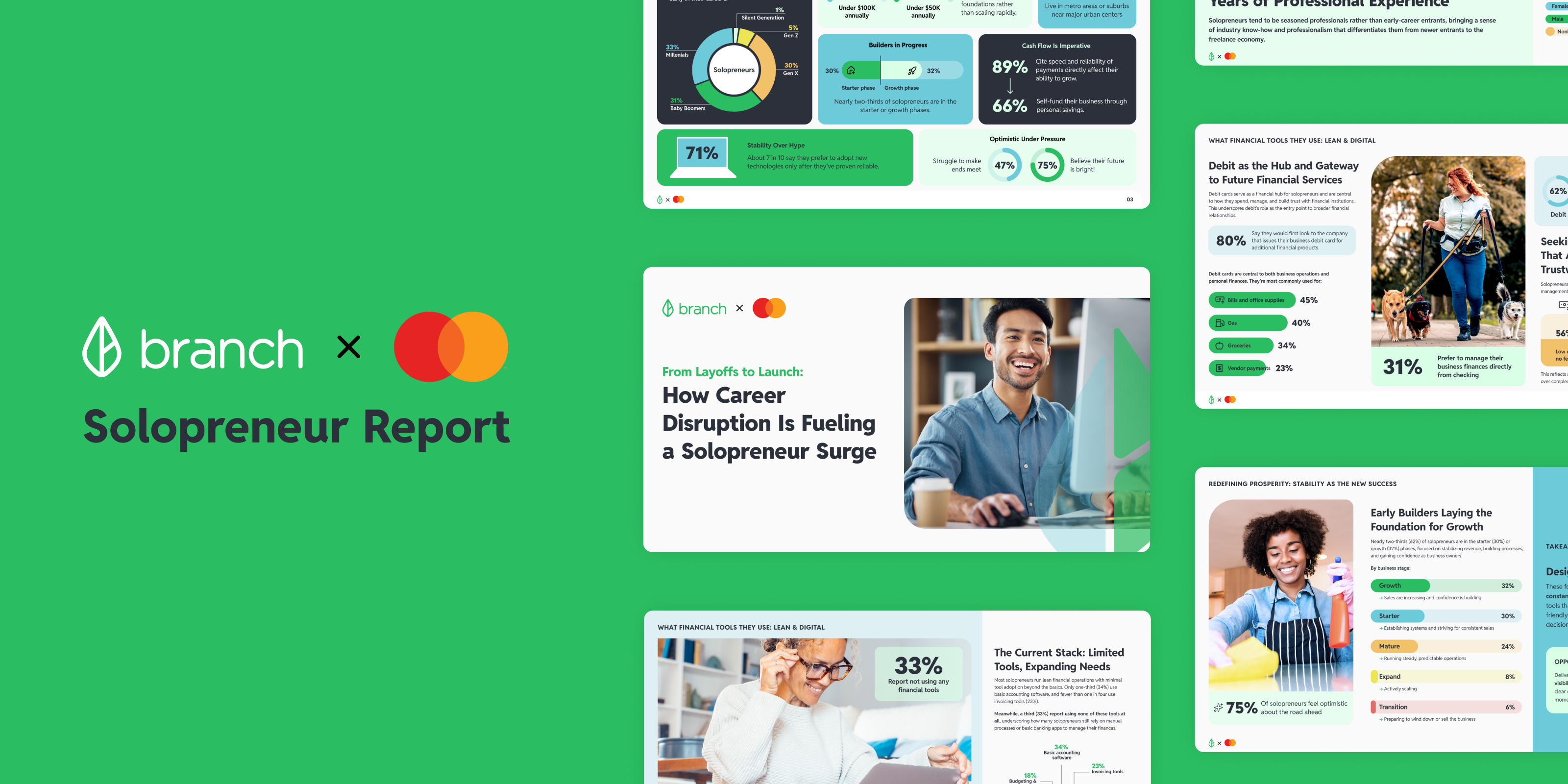
3 Ways to Address the Nursing Shortage
Nurses are essential to healthcare systems. Whether it’s hospitals, clinics, schools, homes, research, or universities, they provide critical insights and care to patients of all demographics and backgrounds.
But an aging population, increased demand for services, and high turnover rates are driving a shortage of this workforce. The shortage has not only resulted in a lack of resources, but also led to issues ranging from nurse burnout to higher mortality, which have exacerbated the demand even further. While the shortage can’t be addressed overnight, there are ways to help address the issue. Like with any major challenge, the first step is understanding the root causes driving it.
Why is there a nurse shortage?
Nursing shortages began to emerge in 2012 and have been expected to last until at least 2030. Over 1 million new registered nurses will be needed by 2030 to meet healthcare demands, while a recent McKinsey report finds that the nursing shortage could reach 20% as early as 2025.
A major driving force behind this crisis is the aging population: baby boomers make up 21% of American adults, increasing the need for additional healthcare resources. The pandemic also triggered a mass retirement of experienced nurses. The combination of limited staff and higher demands on the system has caused rising stress and burnout levels. This has not only led nurses to leave their jobs at record rates, but also made the profession appear less appealing to possible recruits.
The strain on healthcare resources has also impacted patient care. As nurses are stretched for time and resources, patients must face longer wait times and potentially lower quality care. The nursing shortage is a widespread issue for many healthcare organizations. But there are incremental steps and strategies to improve it.
Strategies to address the nursing shortage today
- Increasing access to nursing as a profession
Today, unequal access to nursing education is a serious obstacle for many aspiring nurses and an important factor driving the nursing shortage. Employee sponsorship programs open the profession up to those who could not otherwise afford the degrees, certifications, and training to get there. It can also become a benefit that helps retain nurses. Nursing programs are rethinking how they can expand access and cater to students, as those who may be first in their families to pursue higher education or have non-traditional backgrounds may require different kinds of support throughout their academic journey to prepare them to enter the workforce. Supporting these kinds of programs and offering a pathway to employment can create a new, diverse pipeline of talent.
Increasing access and representation in nursing matters, as it can improve healthcare outcomes and help patients feel represented by those taking care of them. A diverse nursing workforce is also much more likely to attract aspiring nurses to supplement existing staff shortages.
- Mentorship opportunities
One of the top concerns among nurses is career advancement opportunities. On top of the overall nursing shortage, there’s a shortage of nurse educators, making it difficult for nurses to get the education and training they need to advance their careers. Nurses often lack opportunities like mentorship, tuition reimbursement, and flexible scheduling.
Collaboration with nursing schools and organizations can increase the number of nursing graduates and improve the quality of nursing education. Mentorship programs encourage mutual professional development and provide much-needed individual support and guidance to nurses who are starting out.
- Faster access to pay
There are multiple benefits of providing faster access to pay—particularly, increased job satisfaction and retention. To attract new talent and retain current workers, healthcare companies can offer faster payment options so that nurses can access their earnings right after a shift. Empowering nurses and other healthcare professionals with faster pay and financial tools can not only support their financial well-being but also incentivize them to pick-up more jobs or shifts.
With the rising popularity of nurse staffing platforms where healthcare professionals can select when they work and when they get paid, faster pay has quickly become table stakes for many nursing positions.
Prioritize your patients and business by addressing the needs of nurses
In order to remain a workplace of choice, healthcare organizations need to offer compelling reasons to stay. Whether it’s mentorship programs, career advancement opportunities, or faster payments, it’s important to offer nurses rewarding benefits.
And, these strategies don't have to be costly. For example, it’s possible to implement a financial wellness program at no extra cost to your company. Branch offers faster payments, with perks such as instant payments, fee-free financial services, and other perks free of charge. A happier workforce means a more stable, reliable workforce.
Learn more about how instant payouts with Branch can boost retention among healthcare professionals here.
Continue reading
Unlock a Happier, More Productive Workforce







